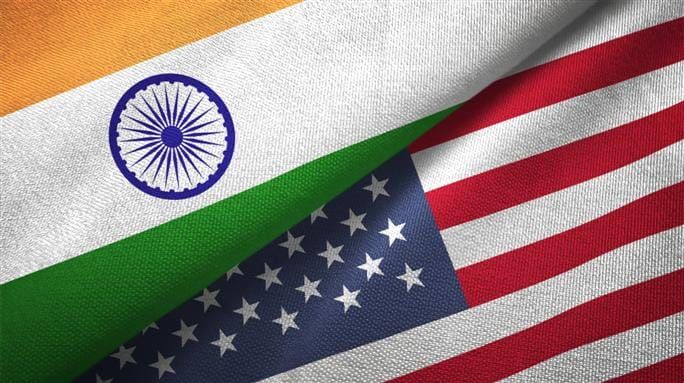
Every now and then, comes a moment when nations must decide whether to lead or to remain on the sidelines. For India, that moment is now. The stage has been set by a series of seismic shifts in international relations. The United States, long seen as the architect of the post-world war global order, has retreated from few of its commitments under the leadership of President Donald Trump. From stepping away from the Paris Climate Agreement (for the 2nd time) to withdrawing funding from the World Health Organization, America’s retreat has created a void. Into this gap is stepping China, with a calculated ambition to present itself as the guardian of multilateralism and global stability.
Smaller nations, reliant on global frameworks for stability and finance, might find themselves looking towards Beijing, whose narrative of dependability will not be without its own pitfalls. After all, has anyone forgotten its debt diplomacy? If left unchallenged, this consolidation of influence could redraw the contours of global power, sidelining other nations, whose interests are deeply tied to a balanced and equitable world order.
India cannot afford to remain a passive observer now. As a democracy rooted in pluralism, it has the unique ability to champion the causes of both the developed and the developing worlds. Consider the pressing issue of climate change. Rising sea levels, devastating floods, health challenges for its large population and resource scarcity are already impacting India. India should safeguard its own future, while advocating for vulnerable communities globally.
Public health offers another stage for India to shine. The U.S.’s withdrawal from the WHO has left a gap in global health leadership. India’s proactive global role during the COVID-19 pandemic—whether through vaccine development or large-scale production and supplies to many countries—demonstrated its potential to lead. This engagement with global commons is deeply interwoven with India’s values.
The alternative—allowing China’s influence to grow unchecked—carries significant risks. Beijing’s Belt and Road Initiative has already placed several smaller nations into unsustainable debt traps, offering a glimpse of the challenges that unchecked Chinese dominance could pose. India must present a counter-narrative. India can offer nations an alternative vision of collaboration—one that does not compromise sovereignty or sustainability.
For many, the global stage feels like a minefield, with competing powers demanding allegiance. India, with its history of non-alignment and equitable diplomacy, can offer these nations a stable partnership. As the world transitions from unipolar dominance to a multipolar reality, and with complicated geopolitical risks, India finds itself in a position to take on immense responsibility. Its balanced relationships with global powers and historical emphasis on dialogue make it a natural mediator. Whether in climate negotiations, trade disputes, or security challenges, India’s ability to build consensus can guide the world towards collective welfare rather than divisive polarisation.
The choices India makes today will determine its place in shaping the global order for decades to come. By stepping forward as a decisive leader now, India can not only counterbalance the influence of dominant powers like China and the United States but also position itself as the voice of fairness and equity in global governance. India must double down on its multilateral commitments, increase its financial contributions to global initiatives, and strengthen alliances with like-minded nations.
Taking the lead today lays the foundations for India to advocate for meaningful reforms in other multilateral institutions such as the United Nations and the Security Council, ensuring they represent the realities of the 21st century. India must drive the creation of a more inclusive, equitable, and effective international framework, securing a leadership role in the evolving world order.
Dr. Srinath Sridharanis a Corporate advisor & Independent Director on Corporate Boards. He tweets as @ssmumbai